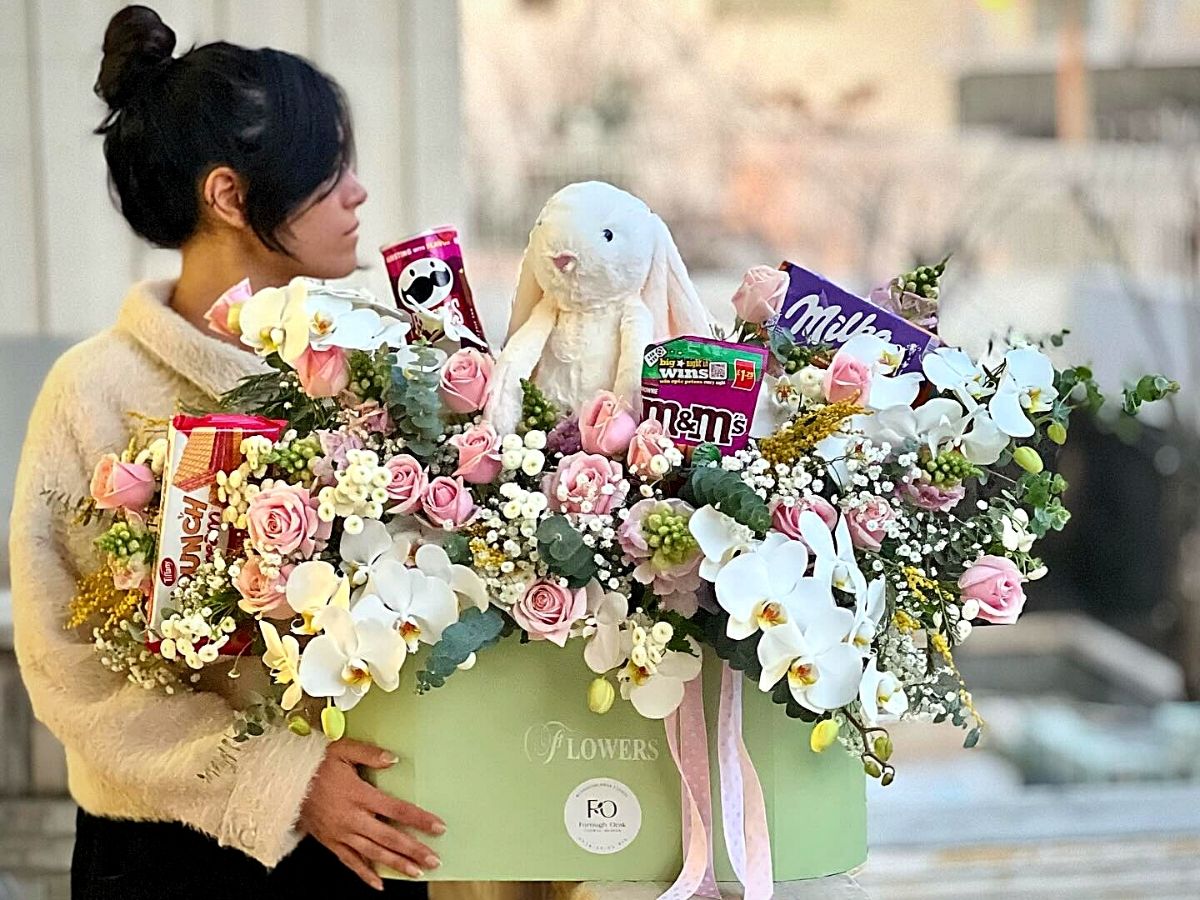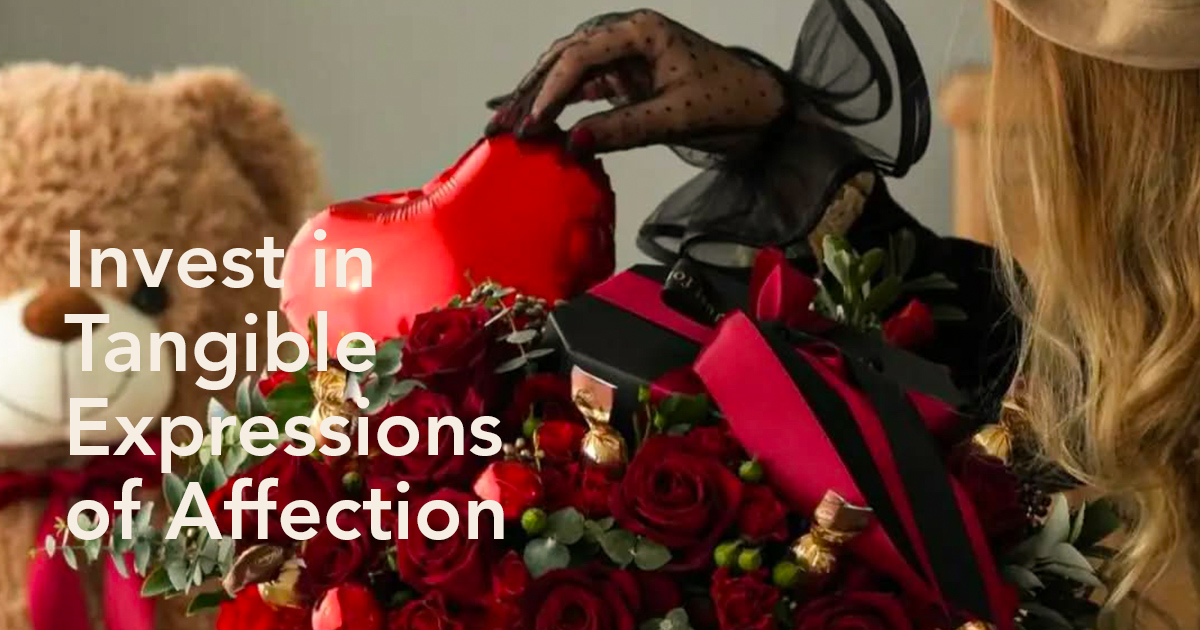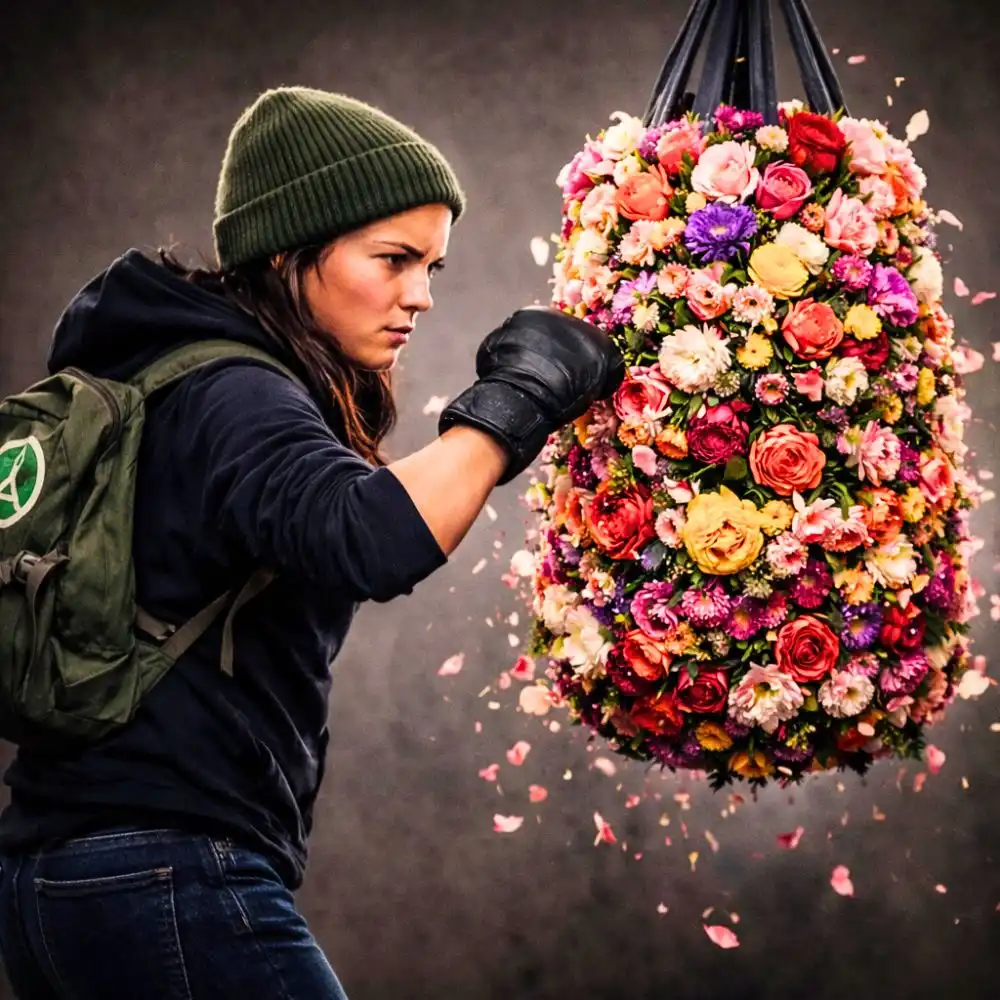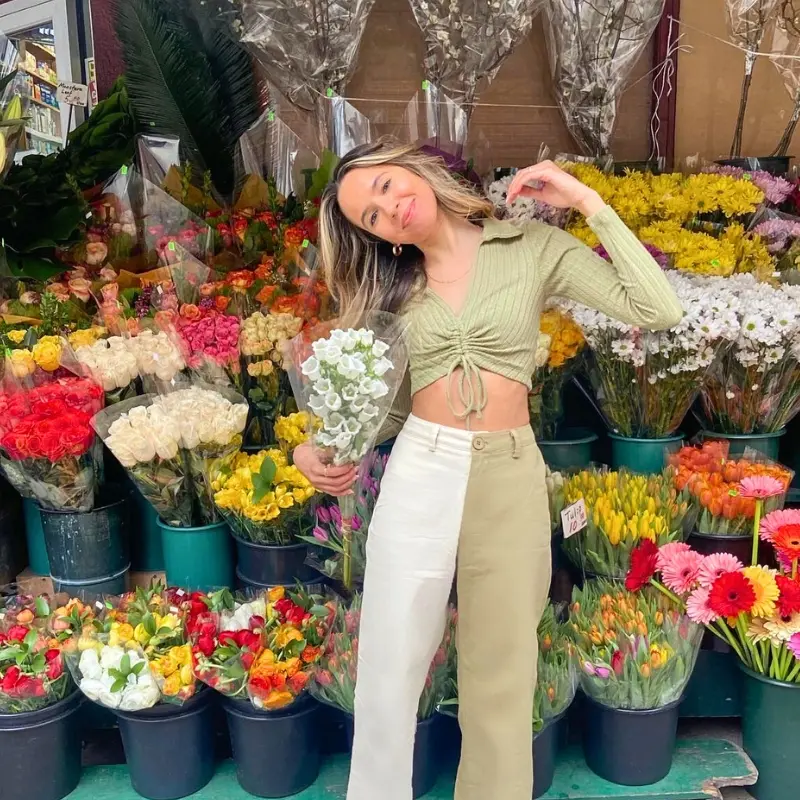Celebrated by people all around the world, Valentine's Day is not only a time for expressing love and affection but also a significant economic event. Every year, consumers spend lots of money to shower their loved ones with gifts and unique experiences.
In recent surveys and reports, it was evident that consumer spending during this year’s Valentine's season was anticipated to grow and expected to hit new record highs. So, here are the trends and the factors driving the surge in consumer spending.
The National Retail Federation (NRF) Survey and Spending Category Trends
According to a 2024 survey conducted by the National Retail Federation (NRF) and Prosper Insights & Analytics, consumer spending on Valentine's Day had been projected to hit a staggering $ 25.8 billion.

This figure represents a substantial increase from the previous year's spending. The NRF survey also revealed that 53% of American consumers planned to partake in Valentine's Day festivities, indicating the continuing popularity of this holiday.
When it comes to Valentine's Day gifts, certain categories dictate consumer preferences. The NRF survey highlighted that the top gifts include candy, greeting cards, flowers, an evening out, jewelry, clothing, and gift cards.

Photo by shrutieee_2244
Jewelry, flowers, clothing, and evenings out were expected to attain new spending records, collectively amounting to $16.9 billion. These findings indicate that consumers are continuously willing to invest in memorable experiences and tangible expressions of affection for their loved ones.
One notable trend identified by the NRF survey is the shift in consumer spending priorities. Retailers were anticipating a greater emphasis on gifting categories related to spouses or significant others. This change reflects consumers' desire to prioritize their loved ones and create meaningful experiences.

Photo by @forough_orak_floral
As a result, spending on jewelry, traditionally a popular Valentine's Day gift, was expected to reach $6.4 billion, emphasizing its status as a season symbolic of love, passion, and commitment.
The Influence of E-commerce
The NRF survey also highlighted the growing influence of e-commerce in Valentine's Day shopping. The internet remains the most popular destination for purchasing gifts, with 40% of consumers opting to shop online.
However, traditional brick-and-mortar retailers, such as department stores and discount stores, continue to play a significant role in consumers' Valentine's Day shopping plans.

Photo by @eguchikazuaki
The projected surge in consumer spending during Valentine's season presented an encouraging opportunity for retailers, according to Matthew Shay, the president, and CEO of the NRF, who emphasized that retailers were prepared to assist customers in finding meaningful and memorable gifts.
Matthew Shay:
“With consumers prioritizing their spouse or significant other this year, retailers expected to see a shift in spending for certain gifting categories.”
This heightened spending during the season, essentially, benefitted various sectors, including jewelry, florists, apparel, restaurants, and online retailers.

Photo by @campbell_and_bradley_flowers
Additional Consumer Spending Trends and Insights
There were additional details and insights related to consumer spending during Valentine's season. For instance, in recent years, there has been a notable shift towards experiential gifts during Valentine's Day. Many couples, according to research, are opting for romantic getaways, spa treatments, gourmet dinners, or even adventure activities to create lasting memories. This trend reflects a yearning for shared experiences and quality time together, rather than solely focusing on material gifts.
Personalized gifts have gained popularity during the Valentine's season. Consumers look for unique and customized presents that reflect their partner's interests and preferences. From engraved jewelry to customized artwork and personalized message cards, these thoughtful bits add an extra layer of sentimentality to the gift-giving experience.

Also, Valentine's Day is no longer exclusively about romantic relationships. The concept of self-love and self-care has gained traction, leading to an increase in spending on oneself during this holiday. A number of consumers are indulging in pampering experiences, treating themselves to luxury items, or engaging in activities that promote self-care and personal well-being.
In the same way, social media platforms have become an integral part of Valentine's Day celebrations. Consumers often seek inspiration from influencers and celebrities, showcasing their elaborate gifts and romantic gestures. This trend has contributed to the desire for unique and Instagram-worthy experiences, encouraging customers to invest more in creating visually appealing and shareable moments.

Plus, a few years ago the COVID-19 pandemic had a significant impact on consumer behavior during the Valentine's season. With restrictions on travel and social gatherings, traditional activities like dining out and attending events have been limited.
As a result, consumers adapted by exploring alternative ways to celebrate, such as virtual experiences, DIY projects, or surprise deliveries. This behavior change has influenced spending patterns and the types of gifts chosen.

Photo by @sweetbloomarrangements
What’s more, increasingly, consumers are prioritizing sustainability and ethical factors when selecting Valentine's Day gifts. There is a growing demand for eco-friendly and ethically sourced products, including fair-trade certified organic flowers, and sustainable jewelry. Retailers are responding to this trend by offering more environmentally conscious options to cater to the evolving preferences of consumers.
Even so, despite the holiday falling on a fixed date, many consumers tend to engage in last-minute Valentine's Day shopping. Retailers often witness a surge in sales during the final days leading up to the holiday, as procrastinators rush to find the perfect gift. This behavior presents opportunities for retailers to offer expedited shipping, in-store promotions, and convenient last-minute gift options.
Essentially, consumer spending during the Valentine's season continues to evolve, driven by changing preferences, societal influences, and external factors like the pandemic. As people seek meaningful ways to express their love and appreciation, the Valentine's Day market remains an important economic event for retailers and a memorable occasion for couples and loved ones to celebrate their relationships.

Header and feature image by @elham_travel_.










